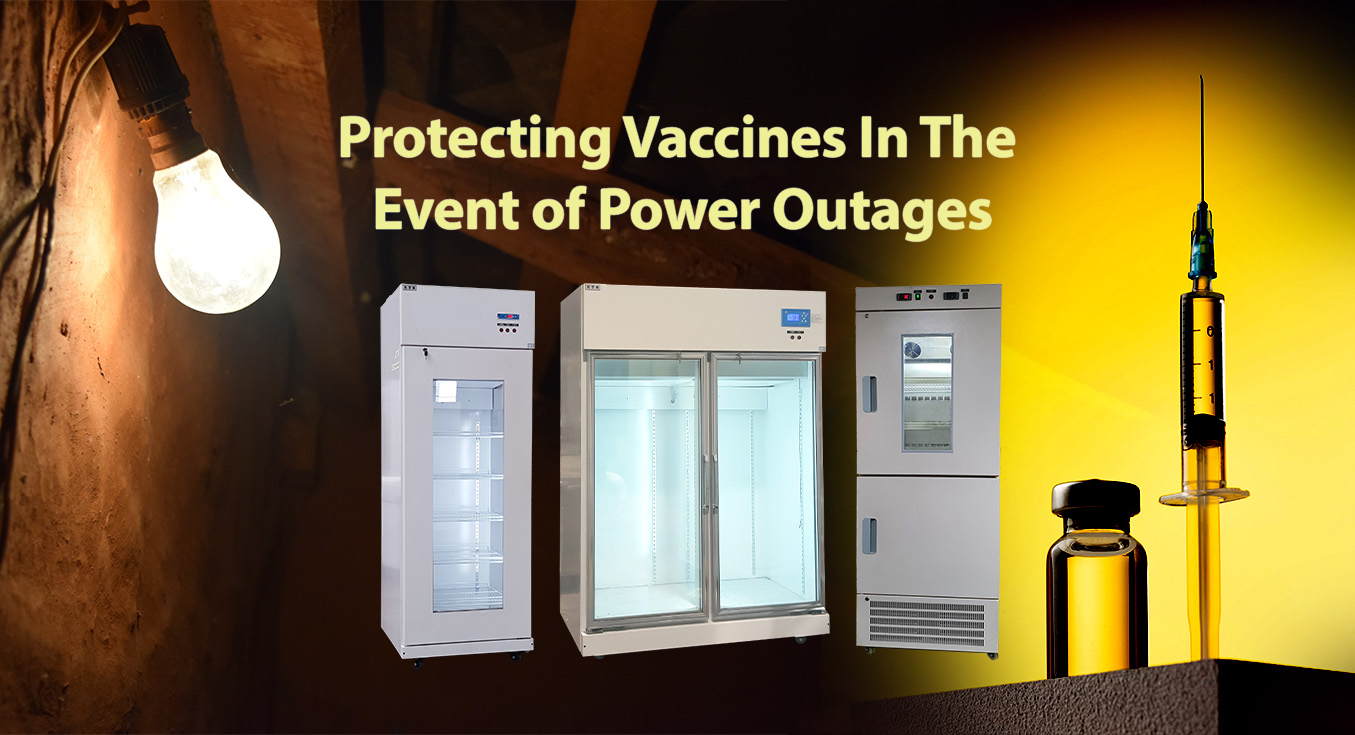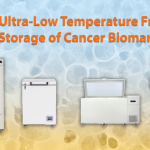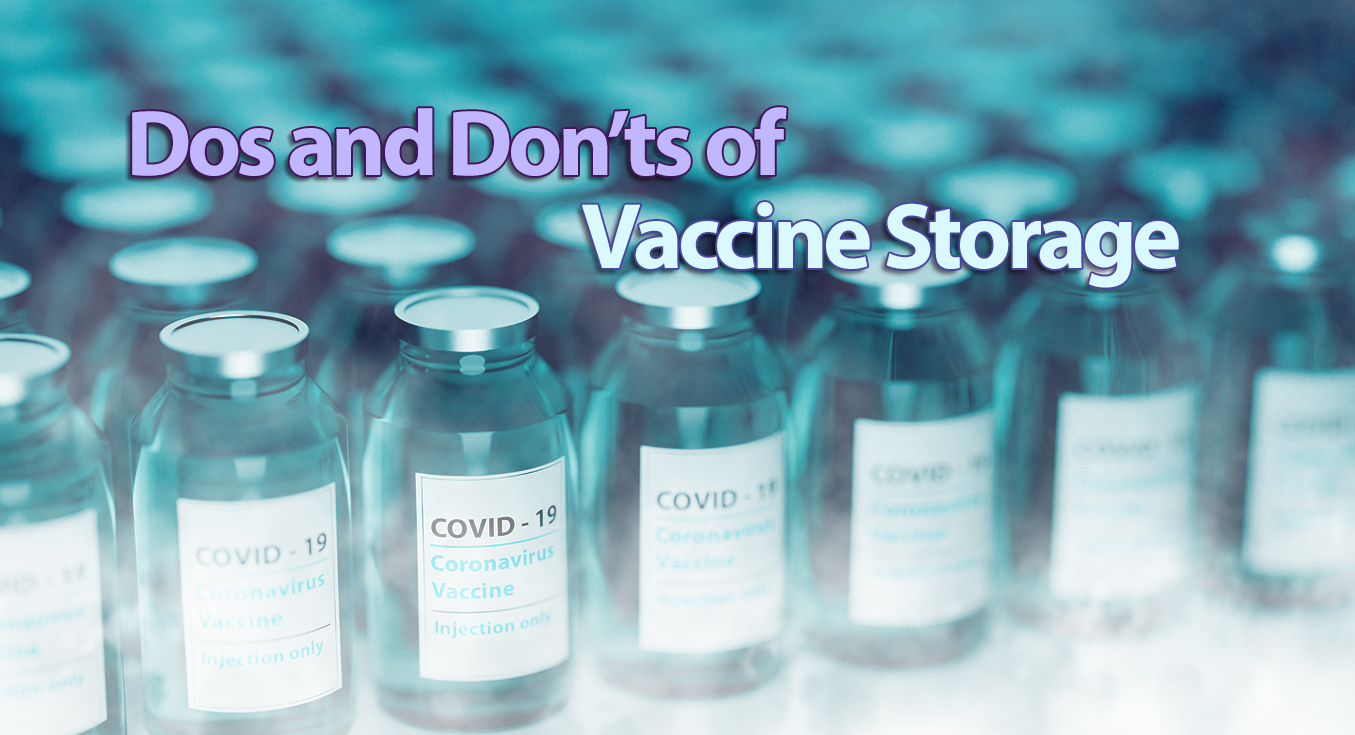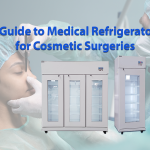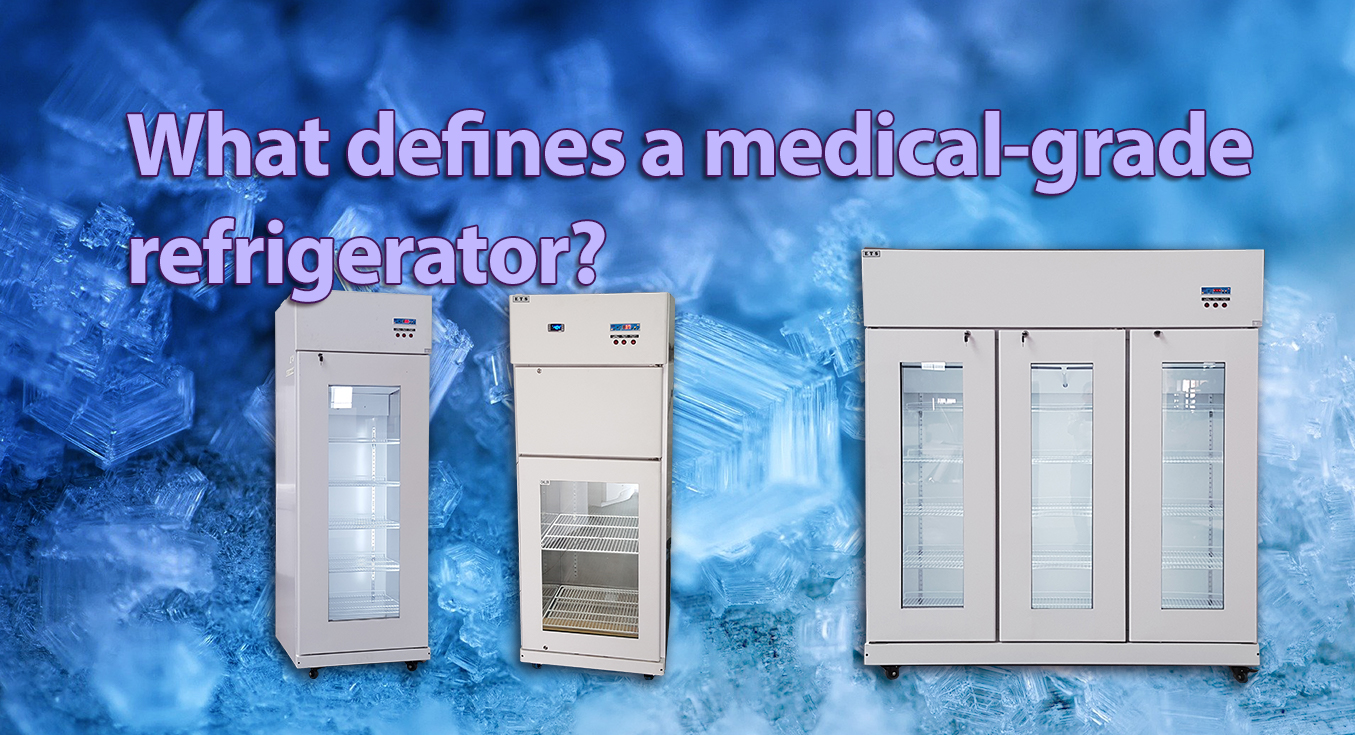Power outages can be triggered by various factors, and the way your organisation manages such situations is dependent on the cause of the outage, the presence of advance notice, and the time when it occurs. It’s crucial to prioritise the safety and well-being of your staff, especially when outages take place outside regular business hours.
Types of Power Outages
To help you prepare for potential emergencies that might lead to power outages or damage, consider the following scenarios:
- Early Warning Threats – These are events that can be somewhat anticipated, allowing for some reaction time. Examples include slow-moving storms or hurricanes.
- Unexpected Threats – These threats occur without warning and can’t be prevented. The type of threat includes earthquakes, tornadoes, rapidly moving thunderstorms, etc.
- Brownouts – Certain remote locations are susceptible to unreliable power and brownouts, which can impact electronic equipment like vaccine refrigerators and freezers. In some cases, rolling brownouts can occur due to issues with the electrical supply or distribution.
- Planned Power Outages – Scheduled power outages may be necessary for building maintenance, electrical system updates, or renovations. These often happen after regular working hours, but it’s essential to ensure that vaccines remain unaffected during these outages.
- Unexpected Routine Power Outages: Most routine power outages are brief and typically resolved quickly. However, certain situations like downed power poles or utility problems can lead to more prolonged outages.
- Post-storm Outages: Large storms or weather systems can disrupt power for days, making it challenging to access vaccines in affected areas.
- Appliance Failure/Accidental Unplugging: While not emergency-related, these incidents can commonly lead to vaccine loss.
- High-Risk Physical Damage: Some emergencies, such as floods or fires, pose a high risk of physical damage to your facility and vaccines, necessitating their relocation.
Maintaining Cold Chains During Power Outages
Facilities storing vaccines should have a robust system in place to address power outages. Here are some key points to consider when developing a plan for maintaining the cold chain during such events:
1. Short-term Power Outage
During a short-term power outage, immediately avoid opening the refrigerator or freezer doors, most purpose-built units can maintain their interior cold temperature if kept closed.
Most blackouts do not last long so after power returns, record the temperature carefully and be attentive to vaccines that may have been exposed to higher temperatures.
2. Purpose-Built Vaccine Refrigerators
Depending on your vaccine refrigerator’s quality and design, it may lose its cold temperature rapidly during a power outage. Contact the refrigerator manufacturer to determine the duration it can maintain the temperature during an outage.
Note that not all refrigerators display the current temperature during outages, so using a separate battery-operated thermometer or data logger is recommended.
If the temperature of the refrigerator looks to exceed +8°C for over 15 minutes and vaccines or other temperature sensitive materials are at risk, use alternative storage arrangements with stand-alone monitoring.
3. Backup Plans
Always have backup plans and alternative storage options in case of power outages. These measures should allow vaccines to stay within the recommended temperature range of +2°C to +8°C, thereby minimising vaccine loss and operational disruptions.
Backup storage options may include a generator, battery/solar backup, generator/solar-powered refrigerator, monitored offsite refrigerators, or coolers equipped with ice packs, insulating materials and a minimum/maximum thermometer or data logger.
Establishing agreements with other facilities for emergency storage is another backup storage option in the event that the situation within your facility is compromised.
Practice implementing your backup plan to ensure it works effectively in real power outage scenarios, as there might be a limited window before refrigerator temperatures exceed +8°C.
Make sure to document your backup plan in your vaccine management protocol. Keep in mind that each facility is unique, so thorough planning and practice are essential to ensure the plan suits your specific needs.
4. Temperature Monitoring
Prioritise monitoring the unit’s interior temperature after a power outage. Battery-powered thermostats are ideal for recording temperature readings, and it’s crucial to note maximum and minimum temperatures until the unit stabilises.
Ensure that the unit door is NOT OPENED to take temperature readings, as doing so will expose the contents to ambient higher temperatures.
This is a key reason why all refrigerators that are storing vaccines should be equipped with a temperature logger. Many data loggers are battery-powered (or include back-up batteries) and will continue to record during a power outage.
5. Transporting Vaccines
When transporting vaccines to another location, take care to maintain the cold chain. Keep doors closed, use insulated containers, monitor temperature constantly, and record vaccine details before and after transportation.
Portable DC-powered refrigerators and freezers can act as a regular refrigerated unit by plugging into the lighter socket of any vehicle and are a great assistance in this instance.
Staff must pay attention to the individual needs of each vaccine type. Certain vaccines are able to remain effective even when refrigerated with cold packs, but others, may require temperature control with dry ice packing.
6. Keep Track of Exposed Vaccines
While many vaccines will retain their properties in slight temperature changes, there are certain temperature-sensitive vaccines that may become unusable. Mark these vaccines with the time of the power loss, and record temperature details before keeping them separate from other vaccines.
Ascertain their viability with the local health department before discarding or administering the compromised vaccines.
Vaccines are valuable and have specific cooling requirements. Facilities must be prepared to handle power outages and refrigerator breakdowns to protect both their investment and the integrity of the vaccines.
LOOKING FOR A PHARMACEUTICAL REFRIGERATOR?
ETS offers a range of Pharmaceutical Refrigerators to suit various requirements. Check out our Pharmaceutical Refrigerators pages for more information.
Drop us a line if you have questions.

